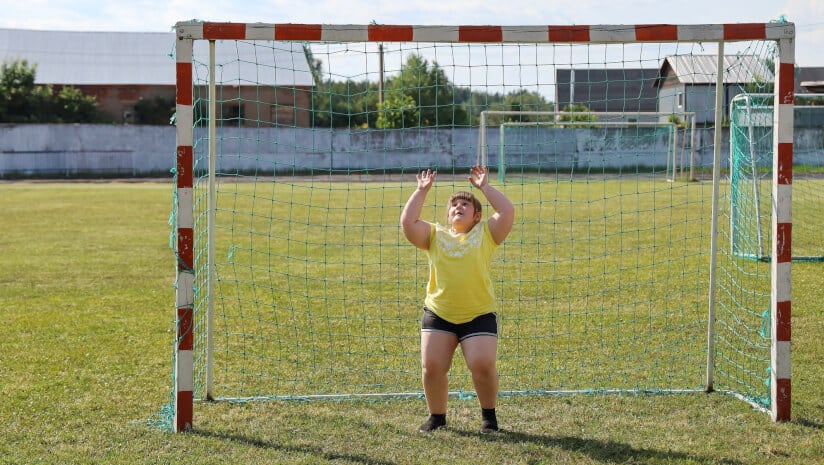Writing in the journal Nutrition and Health, a multi-country team led by researchers in Tunisia reported that four weeks of small-sided soccer game (SSSG) training and daily consumption of kiwifruits positively impacted sleep patterns (bedtime, sleep efficiency, total time in bed, total sleep time, sleep latency).
“When children consistently experience insufficient sleep, disruptions in these hormonal pathways can lead to increased feelings of hunger, reduced satiety and changes in energy expenditure, ultimately increasing susceptibility to weight gain,” they wrote.
“Therefore, prioritizing sufficient sleep for children not only supports their overall health and well-being but also serves as a preventive measure against the development of obesity by maintaining a balanced regulation of appetite and metabolism.”
Exploring synergistic sleep properties
Citing previous research showing promising effects of kiwifruit consumption on sleep quality in young men, athletes, adults with sleep problems and students with insomnia, the study noted a knowledge gap related to the potential synergistic effects of physical activity and dietary interventions, especially in children with obesity who frequently experience sleep disturbances.
Kiwifruit (Actinidia deliciosa)—rich in vitamins, minerals and phytochemicals—is associated with health benefits ranging from improved digestion and immunity to increased metabolism. Regarding its potential as sleep aid, the researchers suggested that “the positive impact is likely due to the fruit’s high levels of serotonin, antioxidants and folate, which are known to support sleep quality by regulating neurotransmitters and reducing oxidative stress.”
The study selected small-sided soccer games as a challenging and enjoyable exercise for all levels of ability that contributes to improved health and sleep across populations, where higher-intensity exercise is known to improve sleep by reducing stress and regulating circadian rhythms.
Study details
The study recruited 36 obese children between the ages of 8 and 12 with pre-existing sleep problems and randomly assigned them to one of three groups: SSSG only, SSSG-kiwifruit (SSSG-K) or a control group. Sleep patterns were monitored one week ahead of the study and during the first and last two weeks of the intervention.
While members of the control group maintained their usual routines, the other two groups participated in small-sided soccer games two to three times a week, and the SSSG-K group consumed two kiwi fruits one hour before bedtime each day.
“In the final two weeks, the SSSG group demonstrated significant improvements in sleep efficiency, sleep latency and bedtime timing compared to baseline,” according to the study findings. “The SSSG-K group also showed significant improvements in sleep efficiency, sleep latency and total sleep time compared to baseline, and relative to control and SSSG groups during the four weeks. Additionally, SSSG-K participants had earlier bedtimes and increased time in bed compared to their baseline.”
The researchers also evaluated effects on soccer performance, reporting significant increases in total distance and average speed between the first and last two weeks, but reported that kiwi consumption led to a considerably greater improvement that they attributed to better sleep quality throughout the study.
“This aligns with research linking sufficient sleep to healthier physical activity levels and improved physical performance,” they wrote. “Interestingly, while both groups showed increased average and maximum heart rate from the first to the last two weeks, these were consistently lower in the SSSG-K group. This finding supports the bidirectional relationship between the cardiovascular system and sleep, suggesting that despite increased activity, improved sleep in the SSSG-K group positively influenced their cardiovascular health.”
Limitations noted included possible inaccuracies due to parent reporting and the short duration of the trial, as well as a lack of follow-up measurements, placebo control group and a factorial design that would have included a kiwi-only group.
Source: Nutrition and Health. doi: 10.1177/026010602413113. “4-Week intervention combining kiwifruit consumption and small-sided soccer games improves sleep quality in children with overweight/obesity and pre-existing sleep problems”. Manel Kerkeni et al.




